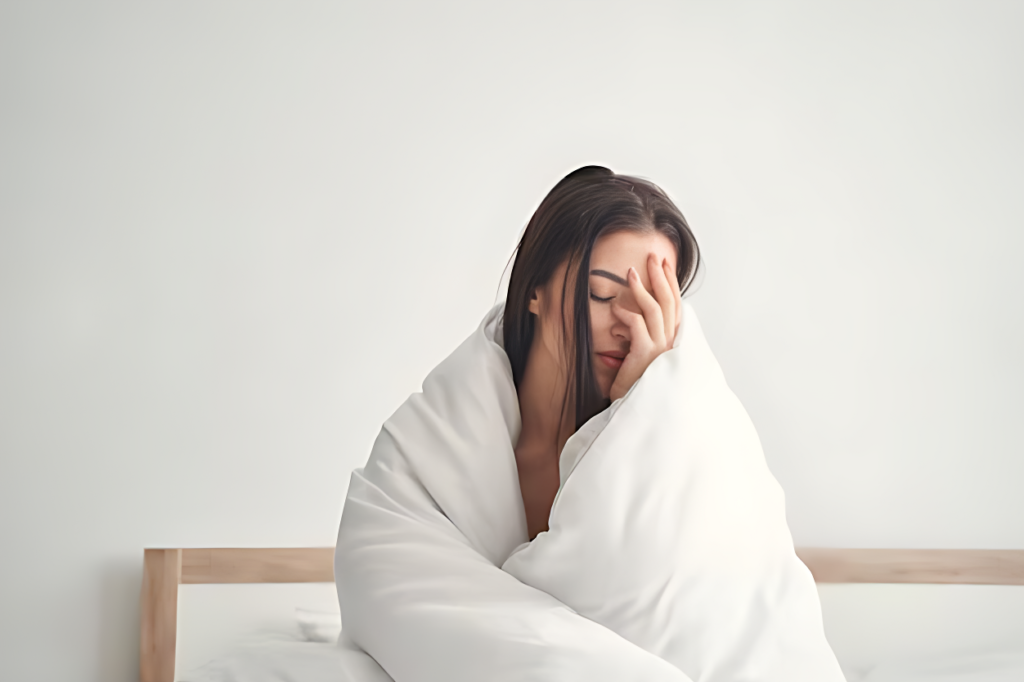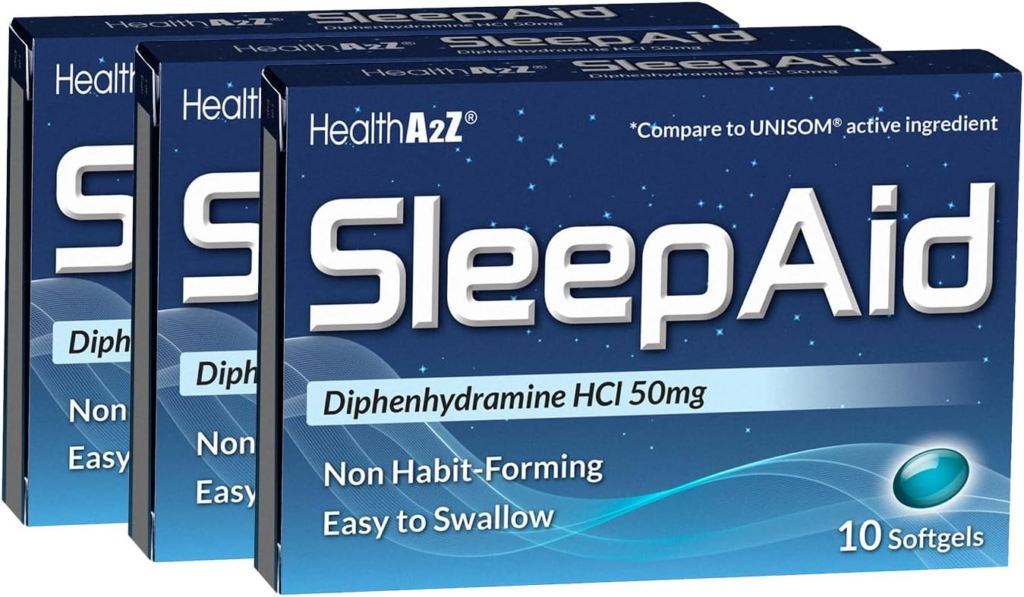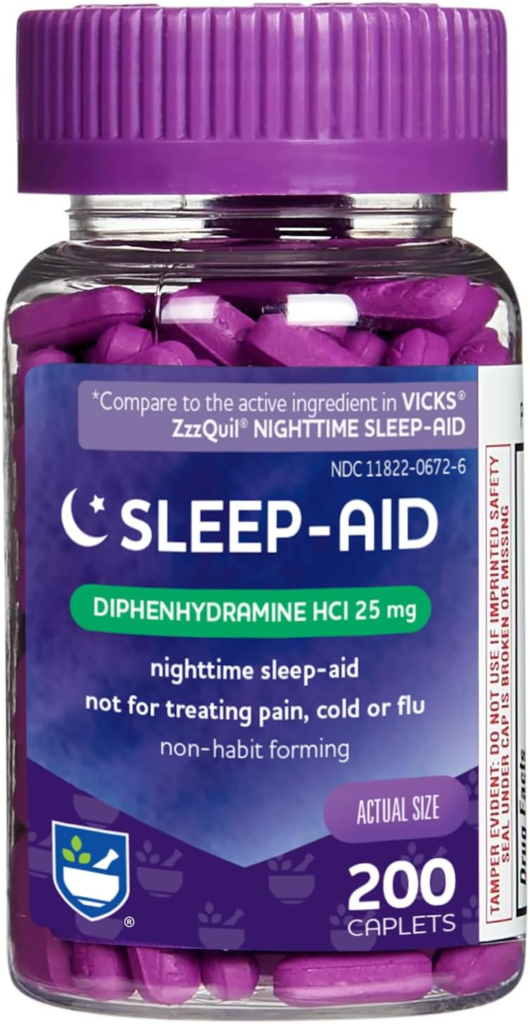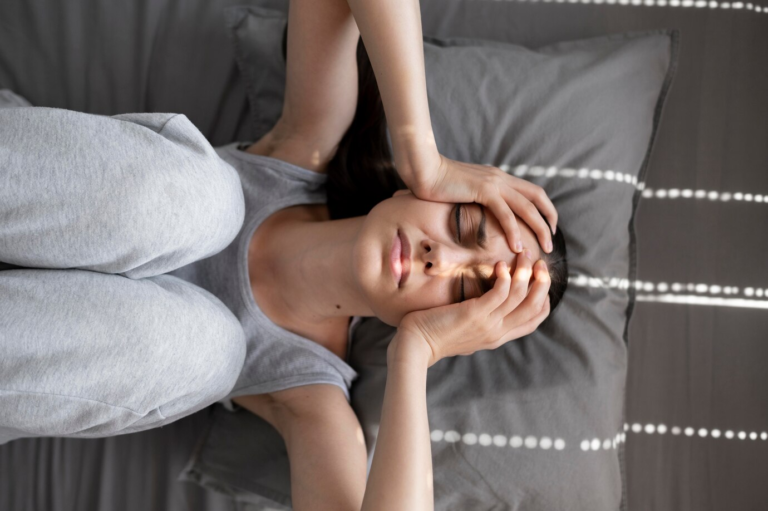Caffeine is one of the most widely consumed substances in the world, often seen as a quick and effective way to increase alertness and boost energy. Whether it’s your morning coffee, an afternoon espresso, or a pre-workout energy drink, caffeine has become an integral part of daily life for millions. However, despite its widespread use, not many people are aware of the potential effects caffeine can have on mental health.
While caffeine has several positive effects, such as improving focus and reducing fatigue, there is more to the story. Overconsumption or even moderate use can have surprising and sometimes negative effects on your mental well-being. In this article, we’ll uncover what no one tells you about caffeine’s impact on mental health, offering a balanced perspective on its benefits and risks.

1. Caffeine and Anxiety: A Double-Edged Sword
The Truth: It Can Trigger Anxiety and Jitters
For most people, caffeine offers a mental pick-me-up, but it can also trigger feelings of anxiety, nervousness, and restlessness. Caffeine stimulates the central nervous system, leading to the release of adrenaline— the “fight or flight” hormone. This sudden surge of energy is great for a boost of focus but can also cause symptoms such as a racing heart, sweaty palms, and shallow breathing, which are all similar to anxiety responses.
Studies show that high doses of caffeine can increase the risk of anxiety disorders, particularly in those predisposed to mental health conditions like generalized anxiety disorder (GAD) or panic attacks. Even if you don’t have a pre-existing anxiety condition, consuming too much caffeine can lead to jitteriness and heightened stress levels.
If you find that caffeine makes you feel more anxious, it might be worth reducing your intake or opting for lower-caffeine alternatives, like green tea, which contains less caffeine and calming properties from L-theanine.
2. Caffeine and Sleep: The Hidden Mental Health Impact
The Truth: It Disrupts Sleep, Leading to Cognitive Impairment
Caffeine has a well-known stimulant effect, keeping us awake and alert, but it can also interfere with the quality of your sleep, which is crucial for mental health. Consuming caffeine, especially later in the day, can disrupt your circadian rhythm, making it harder to fall asleep or stay asleep through the night.
Chronic sleep disruption due to caffeine can lead to cognitive impairment, including memory issues, decreased ability to concentrate, and slower reaction times. Furthermore, poor sleep is closely linked to mental health conditions like depression and anxiety. If you regularly struggle with sleep, consider reducing caffeine intake or cutting it off after a certain time of day (typically noon or early afternoon) to ensure it doesn’t interfere with your sleep cycle.

3. Caffeine and Depression: A Complex Relationship
The Truth: Caffeine May Provide Temporary Relief, But It Can Worsen Depression Long-Term
It’s commonly believed that caffeine has antidepressant effects, given that it can improve mood and energy levels temporarily. Caffeine increases the production of dopamine, the “feel-good” neurotransmitter, which can lead to a brief mood boost. However, the relationship between caffeine and depression is more complicated.
While caffeine can offer short-term relief, excessive consumption can exacerbate depression symptoms over time. Studies suggest that regular caffeine intake—particularly in large amounts—may lead to changes in the brain’s chemistry, which can ultimately worsen feelings of anxiety and depression. Caffeine can also increase cortisol levels (the stress hormone), contributing to an overall sense of unease and agitation.
If you’re managing depression, it’s essential to monitor how caffeine affects your mood and consider reducing your intake if you notice worsening symptoms. It’s important to balance caffeine consumption with other mental health strategies, such as therapy, exercise, and mindfulness practices.
4. Caffeine and Mental Focus: The Cognitive Boost vs. Mental Fatigue
The Truth: Caffeine Can Improve Focus but Lead to Mental Fatigue Over Time
Caffeine is widely recognized for its ability to enhance focus and alertness, which is why it’s often consumed during work, study sessions, or in high-pressure situations. The boost in cognitive performance can help you stay productive, but it comes at a cost.
The more caffeine you consume, the more likely you are to experience a “crash” later on. This crash can result in feelings of mental fatigue, irritability, and a lack of motivation. Over time, relying on caffeine to boost your energy can lead to dependence, where your body craves more caffeine to function at baseline levels. This cycle of stimulation and crashing can be mentally draining and counterproductive in the long run.
If you’re using caffeine to stay focused, it’s essential to practice moderation and find a balance that doesn’t lead to a dependence on the substance. Consider incorporating other focus-enhancing techniques, like regular exercise, hydration, and proper sleep, into your routine.

5. Caffeine Withdrawal: The Mental Strain of Giving It Up
The Truth: Going Without Caffeine Can Lead to Withdrawal Symptoms
For individuals who consume caffeine regularly, cutting back or quitting can result in withdrawal symptoms. These symptoms typically include headaches, fatigue, irritability, and difficulty concentrating, all of which can significantly affect mental health during the withdrawal period.
While caffeine withdrawal is not life-threatening, it can be unpleasant and can take several days to a week for symptoms to subside. If you’re trying to reduce your caffeine intake or quit altogether, it’s important to do so gradually, allowing your body time to adjust and minimize withdrawal symptoms.
6. Caffeine and Cognitive Decline: The Long-Term Effects
The Truth: Chronic Caffeine Overconsumption Can Contribute to Cognitive Decline
There is some evidence to suggest that long-term excessive caffeine consumption may contribute to cognitive decline and other age-related mental health issues. Some studies have shown that high caffeine intake can affect neuroplasticity—the brain’s ability to form and reorganize connections—and may accelerate age-related cognitive decline.
While moderate caffeine intake is generally safe, excessive consumption over the years could potentially have negative effects on brain function as you age. As with most things in life, moderation is key when it comes to caffeine consumption.
Conclusion
Caffeine can have both positive and negative effects on mental health, depending on how much you consume and when you consume it. While it may improve focus, alertness, and mood in the short term, excessive or poorly timed caffeine intake can lead to anxiety, disrupted sleep, and long-term cognitive fatigue. It’s important to be mindful of how caffeine affects your mental well-being and make adjustments as needed.

Ready to optimize your mental health? Take control of your caffeine consumption by understanding its effects on your body and mind. Start today by tracking your caffeine intake and adjusting your habits for better focus, mood, and overall mental well-being.
If you’re looking for more tips on balancing your health and wellness, sign up for our newsletter and receive expert advice directly to your inbox!

HealthA2Z® Sleep Aid
Diphenhydramine HCL 50mg | Softgels | Supports Deeper Restful Sleeping | Non Habit-Forming | 10 Counts (Pack of 3)

Rite Aid Natural Sleep Aid Caplets
Diphenhydramine HCl, 25mg – 200 Count | Sleeping Pills for Adults Extra Strength

Valerian Natural Relaxant
Valerian Natural Relaxant for Tension Relief, Stress Relief, Leg Cramp Relief and Other Muscle Cramps Magnesium, Passion Flower, & Valerian Root Muscle Relaxant – (250ct)





